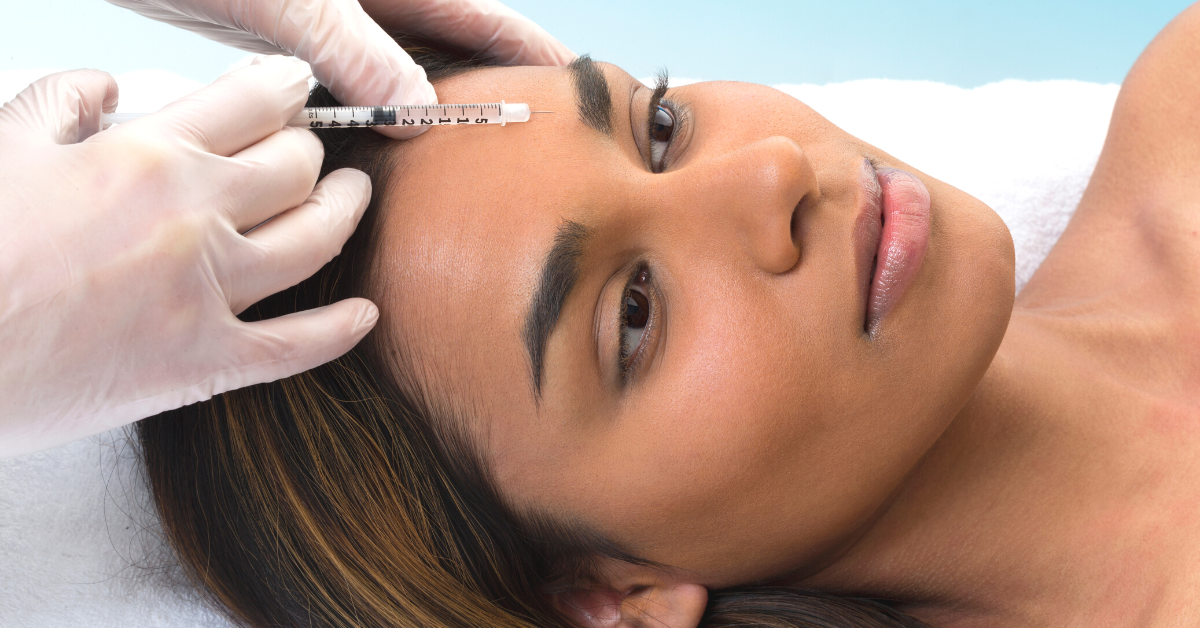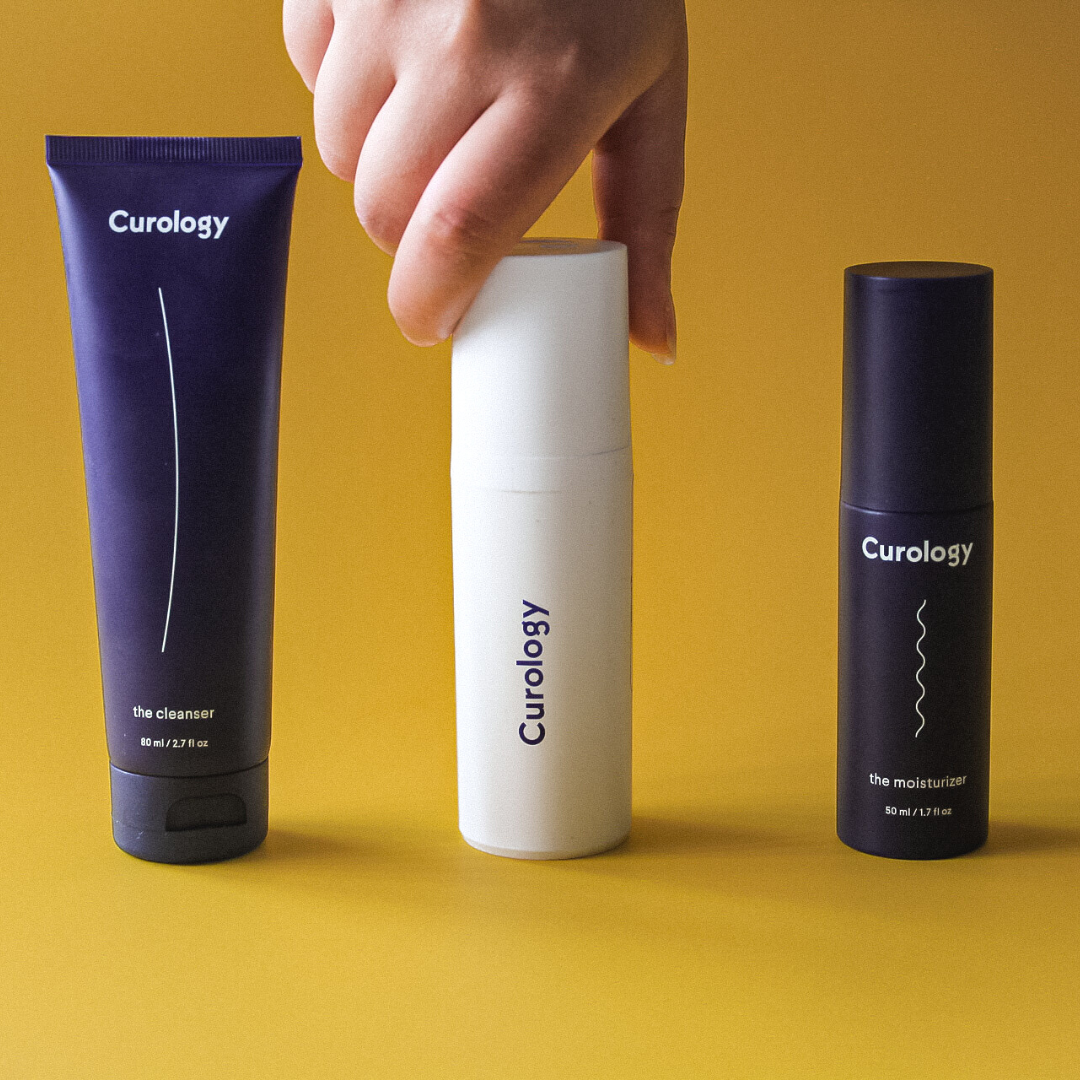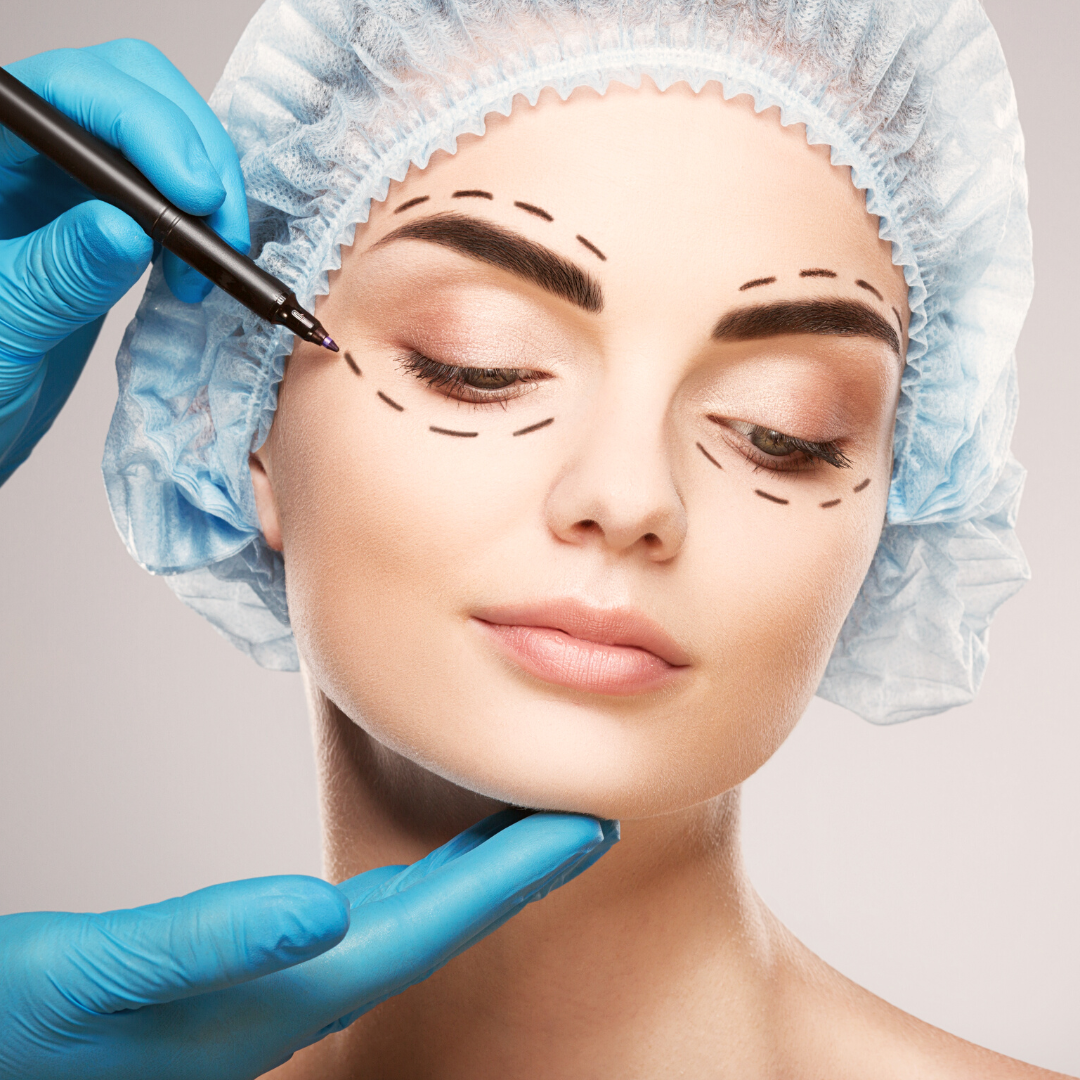Absolutely Everything You Need To Know About Getting Cosmetic Surgery
sharing is caring :)
Disclaimer: Je’Ana C. curates the Shades of Tatiana product selections. We only recommend products we genuinely love. If you buy something through our affiliate links, we may earn a small commission at no cost to you.
IMAGE SOURCE: PEXELS
Cosmetic surgery is a big decision, and we want to make sure that you're educated about the process.
Before undergoing surgery, you should be aware of a few key points. From breast augmentations to a simpler breast lift, there is much to consider when it comes to getting surgery. This is a big decision for your body, right? First, we believe that everyone is in charge of their own body and has the right to do with it as they wish. That said, we also believe that you need to know what you're getting into before making any decisions, especially regarding your health.
If you're considering getting cosmetic surgery, you need to know that research by Medical Accident Group found that 65% of people they polled regretted their surgery. That's a lot of people who went through a serious medical procedure and then regretted it afterward!
Cosmetic surgery, also known as plastic surgery, is a medical specialty that involves improving a person's physical appearance through surgical procedures. These procedures can range from non-invasive treatments to more invasive surgical procedures. Cosmetic surgery has become increasingly favored over the years, with millions of people opting to undergo various procedures to enhance their appearance. In this article, we will summarize all you need to know about cosmetic surgery.
RELATED: What is Cosmetic Dentistry? Here Are 5 Reasons Why You Absolutely Need Dental Care
Want A Dermatologist Approved Custom Formula Skincare?
I’m sending you a free trial (just pay S&H) of Curology, plus a $20 future credit after you sign up! Terms apply. Enjoy!
All You Need To Know About Cosmetic Surgery
Types of Cosmetic Surgery
There are many different types of cosmetic surgery, each designed to address specific areas of the body or certain aspects of a person's appearance. Some of the most common types of cosmetic surgery include:
Facelift: This is a surgical procedure that pulls and lifts the skin of the face, neck, and jowls, reducing the appearance of wrinkles, sagging skin, and other signs of aging.
Rhinoplasty: Commonly known as a nose job, it is a surgical procedure that restructures the nose, making it more aesthetically pleasing and proportionate to the rest of the face.
Breast Augmentation: In short, endoscopic breast augmentation is a surgical procedure that increases the size and enhances the shape of the breasts using implants.
Liposuction: A surgical procedure that removes excess fat from various areas of the body, including the abdomen, thighs, buttocks, and upper arms.
Tummy Tuck: A surgical procedure that removes excess skin and fat from the abdomen, resulting in a flatter, more toned appearance.
Botox: A non-invasive cosmetic procedure that involves injecting a substance into the skin to reduce the appearance of wrinkles and fine lines temporarily.
Dermal Fillers: Dermal fillers are non-invasive cosmetic procedures that entail injecting a substance into the skin to add volume, improve the texture and reduce the appearance of fine lines and wrinkles.
Risks and Complications
With any surgical procedure, there are risks & complications. This is the same with cosmetic surgery. Some of the most common risks include the following:
Infection: Any surgical procedure has the risk of infection, which can lead to complications such as fever, redness, and swelling.
Scarring: Most cosmetic surgery procedures will leave some degree of scarring, which can be more pronounced in some patients than others.
Blood Loss: Some cosmetic surgery procedures may result in significant blood loss, which can lead to complications such as anemia and decreased blood pressure.
Nerve Damage: Certain cosmetic surgery procedures may damage nerves, leading to numbness, tingling, or loss of sensation in the treated area.
Anesthesia Complications: Cosmetic surgery requires the use of anesthesia, which carries its own set of risks and complications, including allergic reactions, respiratory distress, and cardiac events.
Choosing the Right Surgeon
When considering cosmetic surgery, it is important to choose the right surgeon. Search for a surgeon who is board-certified in plastic surgery and has experience in the specific procedure you are interested in. Research the surgeon's credentials and read reviews from other patients to ensure you are making an informed decision.
Additionally, it is important to have realistic expectations about the outcome of the surgery. While cosmetic surgery can enhance your appearance, it is not a magic cure for all your problems. You need to clearly understand the risks and benefits of the procedure before making a decision.
IMAGE SOURCE: PEXELS
Recovery and Aftercare
The recovery period after cosmetic surgery can vary depending on the specific procedure and the patient's individual healing process. In general, patients can expect some swelling, bruising, and discomfort following the surgery. Pain medication and ice packs can help manage discomfort, and following the surgeon's instructions about post-operative care and activity restrictions is crucial. It is also essential to follow a healthy diet and exercise regimen during the recovery period to promote healing and maintain the results of the surgery. For example, avoiding smoking and excessive alcohol consumption can also help speed up the recovery process.
Costs
The cost of cosmetic surgery can vary widely depending on the procedure, the surgeon's fees, and other factors such as anesthesia and facility fees. It is vital to get a detailed estimate of the costs involved in the procedure before making a decision and to make sure that you understand any financing options that may be available to you.
Insurance Coverage
In most cases, cosmetic surgery is considered elective and is not covered by insurance. However, some procedures, such as breast reduction surgery or reconstructive surgery following an accident or injury, may be covered by insurance. It is essential to check with your insurance provider to understand what is covered and what is not.
Benefits Of Plastic Surgery
In addition to the risks and complications, there are also many benefits to undergoing plastic surgery. These benefits can include the following:
Increased self-confidence: One of the primary benefits of plastic surgery is that it can help to boost a person's self-confidence by improving their appearance. This can lead to a better positive self-image and a greater sense of self-worth.
Improved physical health: A few plastic surgery procedures can also improve a person's physical health, such as reducing back pain or correcting a deviated septum.
Better mental health: In addition to improving physical health, plastic surgery can also have a positive impact on a person's mental health. For example, a person who has struggled with low self-esteem may experience improved mental health following a successful procedure.
Increased social opportunities: Plastic surgery can also lead to increased social opportunities, as a person may feel more confident & comfortable in social situations.
It is important to note that while plastic surgery can provide many benefits, it is not a solution to all problems. It is important for individuals to have realistic expectations and to carefully consider the potential risks and benefits before undergoing any type of cosmetic procedure.
Final Thoughts
Cosmetic surgery can be a life-changing experience for many people, helping them to feel more confident and comfortable in their own skin. However, it is crucial to approach the decision with caution and to make sure you have all the facts you need to make an informed choice. If you are considering cosmetic surgery, take the time to research the procedure, the surgeon, and the risks and benefits involved. Be sure to have a realistic understanding of what the surgery can and cannot do and to discuss your expectations and concerns with your surgeon.
What are your thoughts about cosmetic surgery? Let us know in the comments!












